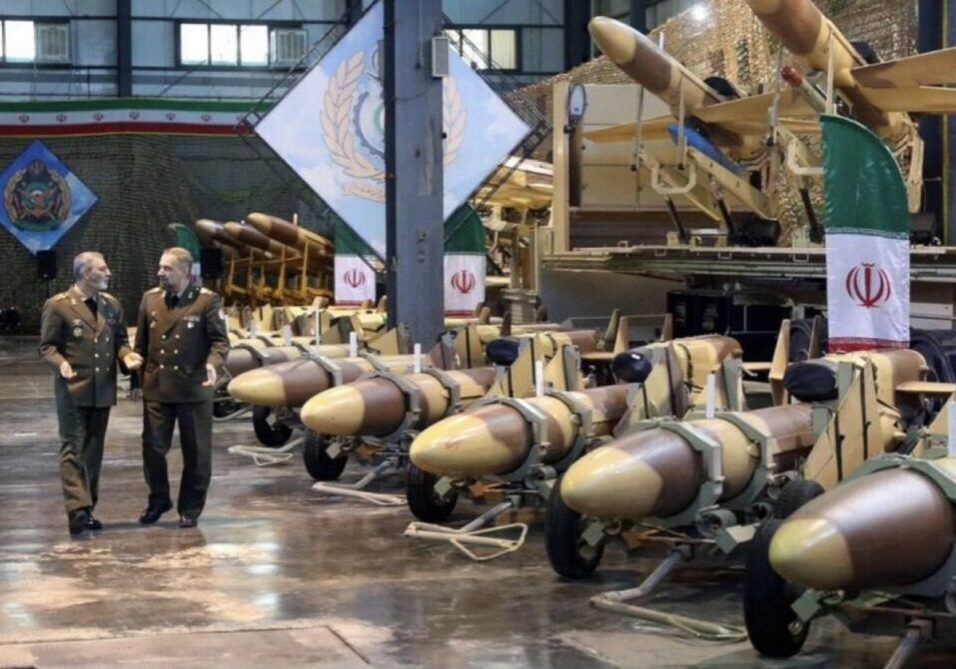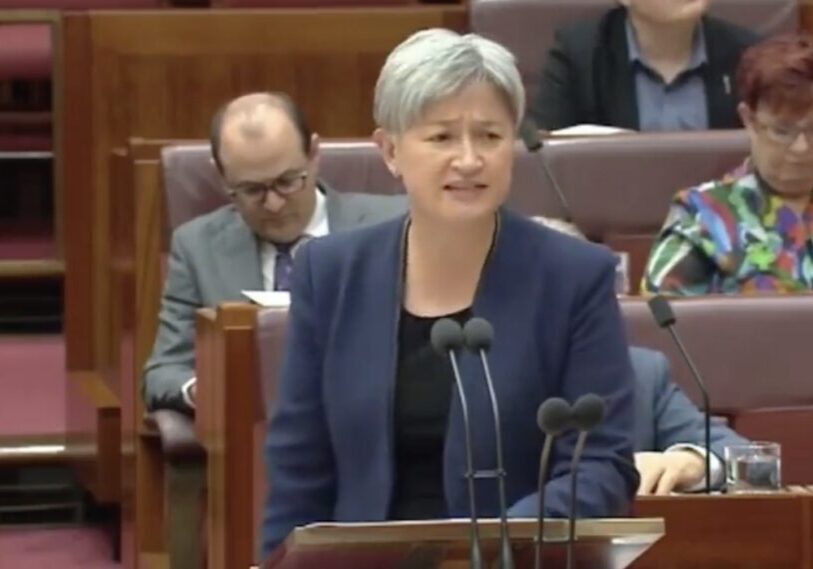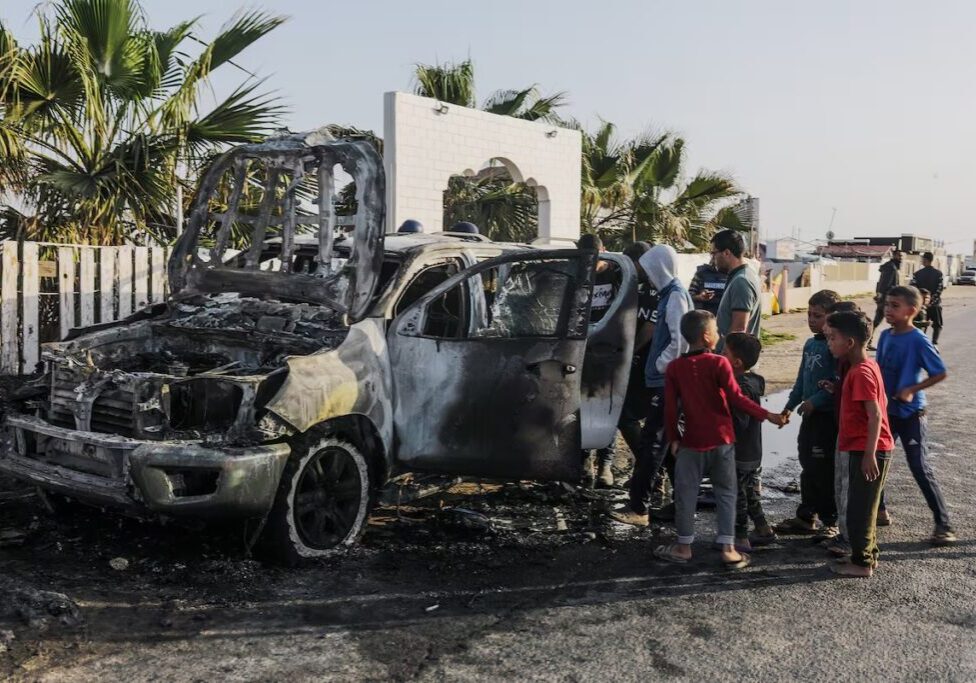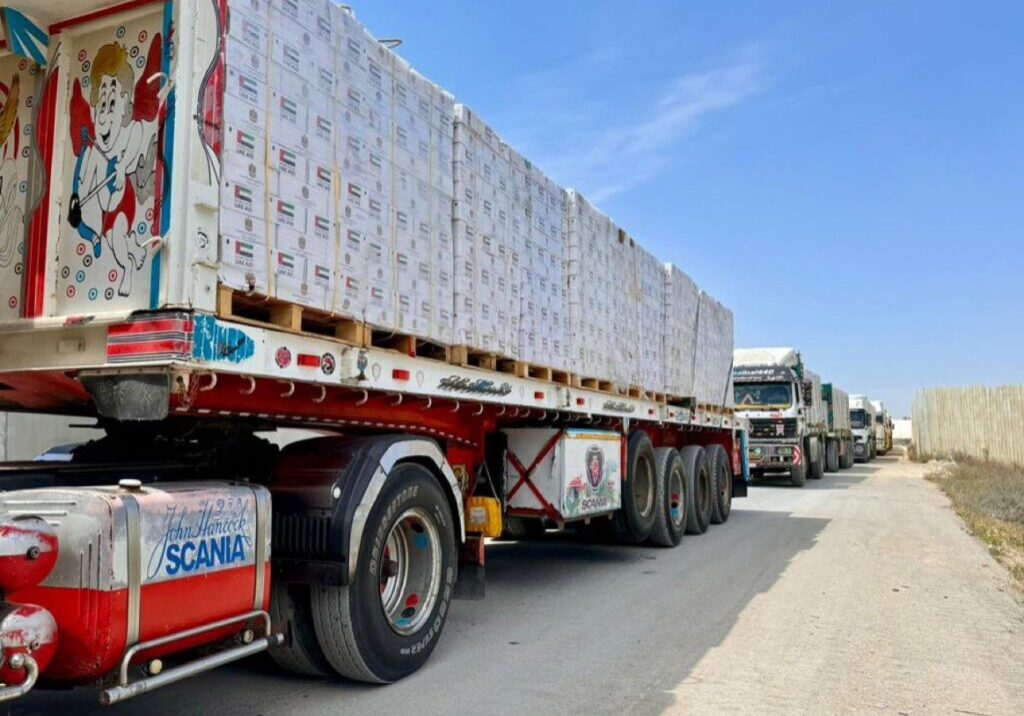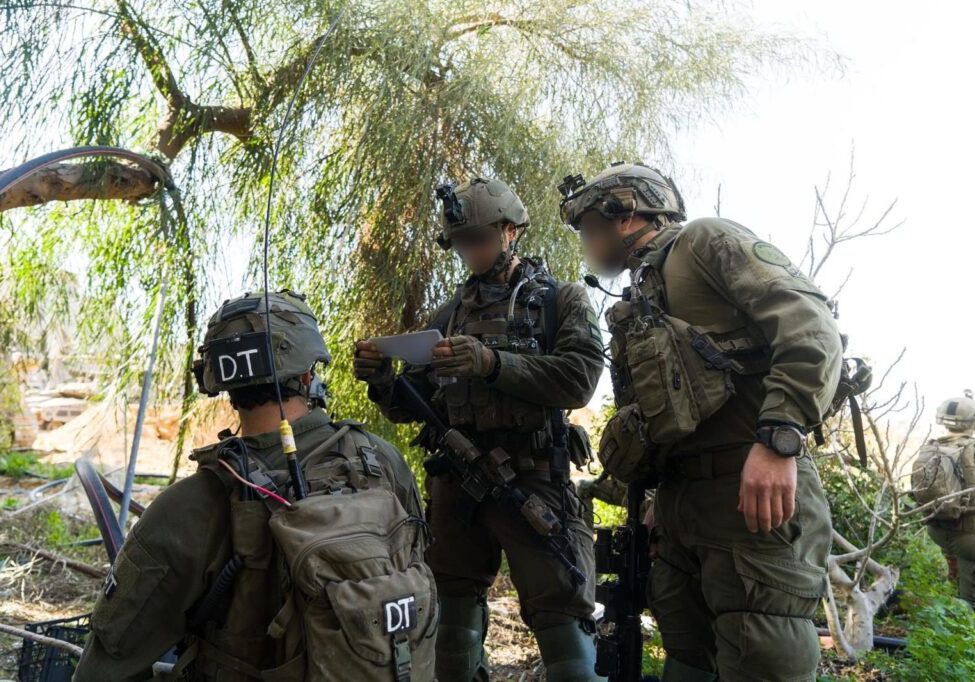Australia/Israel Review
Scribblings: Getting terrorism mostly right
Mar 1, 2010 | Tzvi Fleischer
Tzvi Fleischer
Getting Terrorism mostly right
Unfortunately, I did not have the chance to study the Australian government’s new Counter-Terrorism White Paper, released on Feb. 22, as closely as I would have liked before press time. However, on a quick reading, I can say that I do think it got the main focus largely right in identifying the seriousness and nature of the threat.
The paper is clear that it is not terrorism in the abstract that is threatening Australia, but terrorism from “people who follow a distorted and militant interpretation of Islam that calls for violence as the answer to perceived grievance.” Moreover, this does not mean simply al-Qaeda and its allies but a broader movement: “Al-Qa’ida has been the vanguard of an international movement of like-minded groups and influences its direction through both propaganda and actions. Its extremist ideology, goals and interpretations of world events allow local grievances to be worked into its global vision.”
That said, there is not a lot of new thought in the paper on how to counter this ideological movement. As others have noted, the section on building “resilience” against terrorism is largely motherhood phrases about using “inclusion, multiculturalism and respect for cultural diversity” and liaising with communities and “building trust, respect and community harmony” to lessen the appeal of violent radicalism. There’s not much there in terms of new ideas or initiatives in this area.
Also, Daniel Flitton of the Age may have a point when he notes a potential problem with the White Paper’s reference to “jihadist” terrorism. The phrase is descriptively accurate but “jihad” is an unreservedly positive term to religious Muslims, and using it may help extremists spread their worldview. A better term would be “Islamist” terrorism, making it clear that the problem is an ideology, not the Muslim concept of “jihad”.
Immigration Discrimination?
One of the common complaints about the White Paper concerns the announcement that the government will institute new biometric visa requirements for some people coming to Australia – applied, initially, to ten as yet unnamed countries. It is argued that this is discriminatory, stigmatising or “profiling” all persons coming from the countries concerned.
In this regard it is worth noting that our current visa system is similarly “discriminatory”. Citizens of only some states can access a very easily obtained authorisation for short visits, called either ETA or eVisitor, which can often be applied for online with minimal information or if not, through a travel agent.
Meanwhile, citizens of other countries not blessed with access to ETA and eVisitor must get a full Tourist Visa (Subclass 676), a much longer and more complex process. Forms must be either mailed in or presented in person at an Australian consulate, and character and health checks may also be required.
Who is eligible for the perfunctory ETA and eVisitor visa processes? Citizens of the EU and some other mostly first world nations like Japan, the US, Canada, South Korea etc. (New Zealanders do not need any visas at all and can just rock up).
Why does this difference exist? Presumably because there are fewer concerns about the visits of citizens of these first world countries – especially in terms of arriving here on tourist visas and disappearing into the community as illegal immigrants or, in some cases, bringing diseases which might pose a public health risk.
In other words, we “profile” based on country of origin in our visa system right now, with nationals of certain countries already required to jump through many more hoops to come here because of generalised concerns about potential problems residents of that country may create. Surely the additional biometric hoops – involving fingerprinting and facial image analysis – planned for countries with active terrorist presences is a reasonable addition to this existing system.
Hezbollah Here
As Greg Sheridan noted in the Australian (Feb. 25), one element that should be noted in the White Paper is that it confirms what some terrorism analysts have long suggested – Hezbollah has a presence in Australia. What the White Paper says is: “Australia is currently home to a small number of people who support other causes that involve active terrorist campaigns overseas. The terrorist movements they support do not necessarily see Australia… as a target… but some might see that Australia could be used as a suitable or convenient location for an attack on their enemies. This includes groups with a long history of engaging in terrorist acts… such as Lebanese Hizballah’s External Security Organisation.”
Not Dead Yet
Remember the case of convicted Lockerbie bomber, Abdelbaset al-Megrahi, who was released from prison in Scotland last August on “compassionate grounds”, because he supposedly had less that three months to live due to prostate cancer? It is now six months since his release, and he is still living in luxury with his family in a large villa in a suburb of Tripoli.
At the time of his release, many argued that the decision was driven more by British desire to gain Libyan contracts than medical evidence, something vehemently denied by British and Scottish authorities.
Prof. Karol Sikora, one of the doctors who was paid by Libya to provide evidence that Megrahi had less than three months to live (as required for release under Scottish law) now concedes to the UK Telegraph (Feb. 20) that there is some chance he could live for several years. He adds of his three month prediction, “It’s difficult. The choice offered by the letter of the law was either three months to live, or nothing. You couldn’t have a sliding scale.”
While Prof. Sikora says Megrahi has “just been going downhill very slowly” and he expects his death “any day now”, other sources familiar with Megrahi’s condition say it has not deteriorated at all over the past six months.

